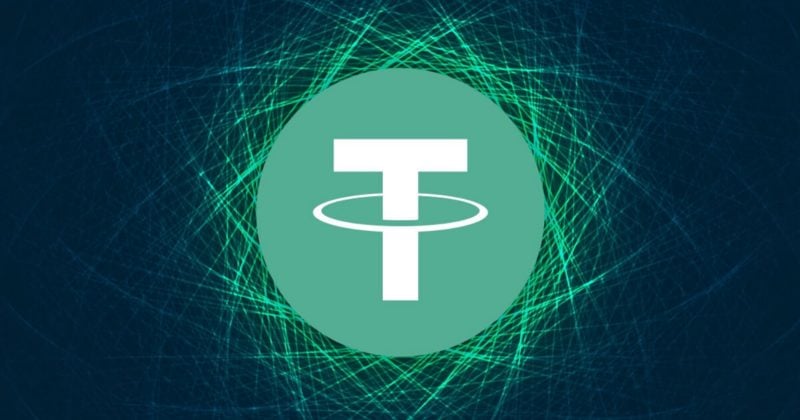ARTICLE AD
The UN General Assembly wants member states to responsibly use AI, while closing the digital divide by supporting developing countries.
The United Nations General Assembly has adopted its first global resolution with guidelines for the safe use and application of artificial intelligence (AI). On Thursday, the UN General Assembly unanimously agreed to promote “safe, secure, and trustworthy” AI systems for global benefit.
UN Resolution Regulates AI Use Among Member States
The resolution was proposed by the United States, and co-sponsored by 123 countries, including China. The document was adopted by consensus and without a vote, meaning that all 193 member states are in support.
According to the resolution, all member states must adhere to strict rules to encourage the widespread adoption of artificial intelligence. For instance, the document states that throughout the life cycle of artificial intelligence systems, all member states must ensure that they respect and protect human rights and fundamental freedoms. The document also requires the countries to stop using any AI system that cannot operate in compliance with international human rights law.
The guidelines extend to AI systems that “pose undue risks to the enjoyment of human rights, especially of those in vulnerable situations”. In addition, AI systems must ensure that people have the same rights online as they do offline.
US stakeholders have reacted to the UN AI resolution, with Vice President Kamala Harris and National Security Advisor Jake Sullivan describing it as “historic”. Also, according to Secretary of State Antony Blinken, the resolution is “a landmark effort and first-of-its-kind global approach to the development and use of this powerful emerging technology”.
The resolution is the result of several months of negotiations between member states. According to US Ambassador to the United Nations, Linda Thomas-Greenfield, the success of the resolution is laudable considering current world events:
“In a moment in which the world is seen to be agreeing on little, perhaps the most quietly radical aspect of this resolution is the wide consensus forged in the name of advancing progress…Today, as the UN and AI finally intersect, we have the opportunity and the responsibility to choose as one united global community to govern this technology rather than let it govern us.”
UN Wants Support for Developing Member States
In addition to the safe and responsible use of AI systems, the UN resolution also seeks to close the digital divide between countries. The General Assembly recognizes that member states are at varying levels of technological advancements, and may face different problems in keeping up with innovation according to their individual levels. The UN urges stakeholders and countries at higher levels to support developing countries so all member states can enjoy the benefits of inclusion and equitable access to AI technology. This helps to increase digital literacy and close the digital divide.
The need for AI regulation has been noted by several stakeholders over time, especially since the ongoing AI boom began. Last year, the European Union (EU) passed an AI Act to regulate the development and usage of AI systems in the region. Among other things, the Act requires companies using AI for content generation to label their content appropriately. This would help to easily separate AI-generated content from human content.

 9 months ago
50
9 months ago
50 

